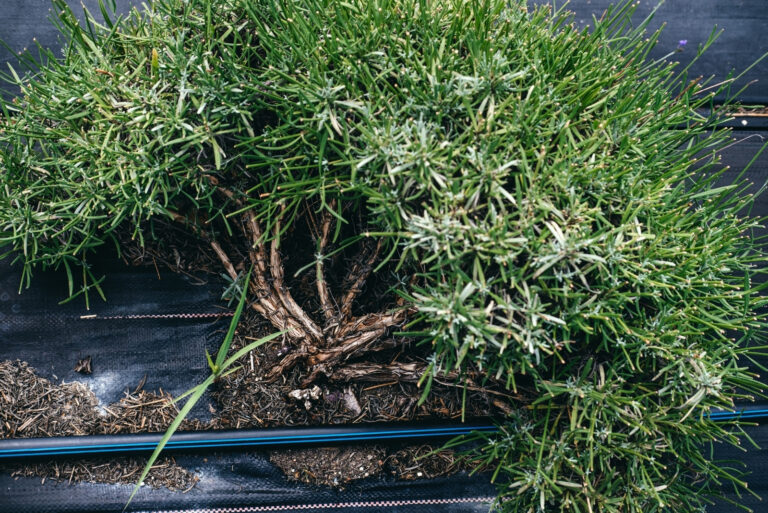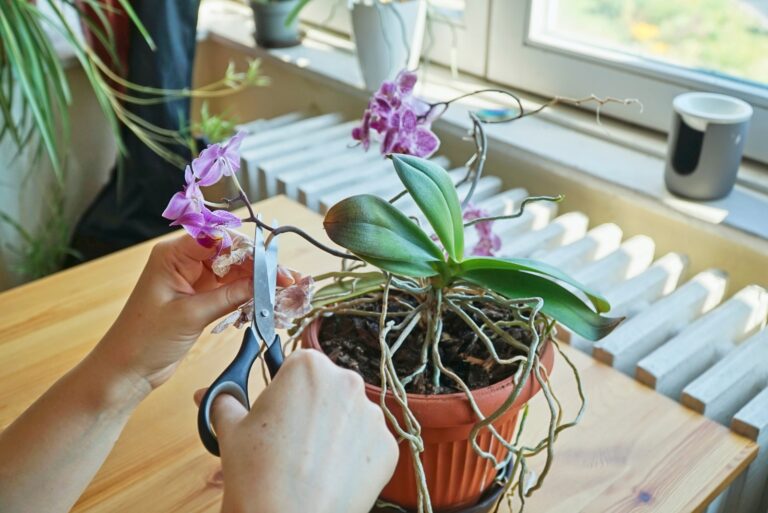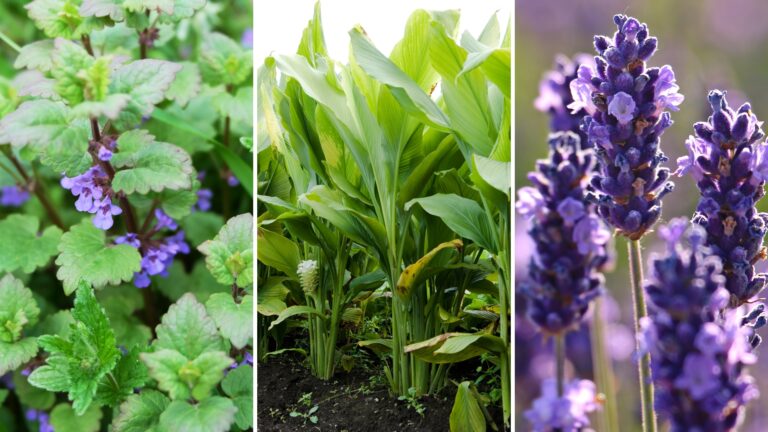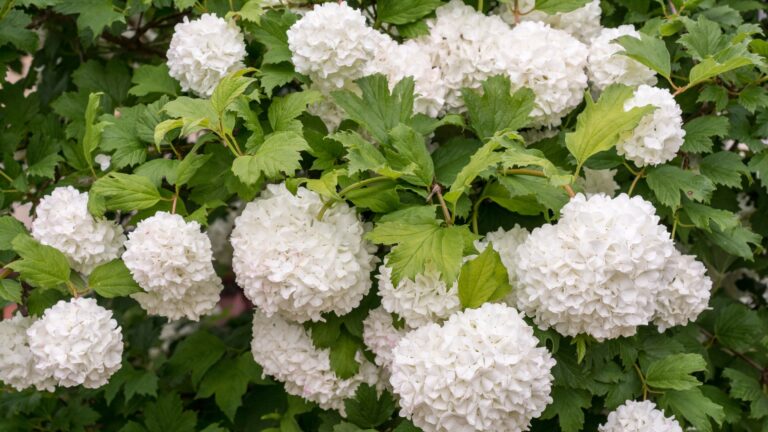19 Top Tips To Banish Garden Pests For Good (And Keep Your Plants Healthy Year-Round)
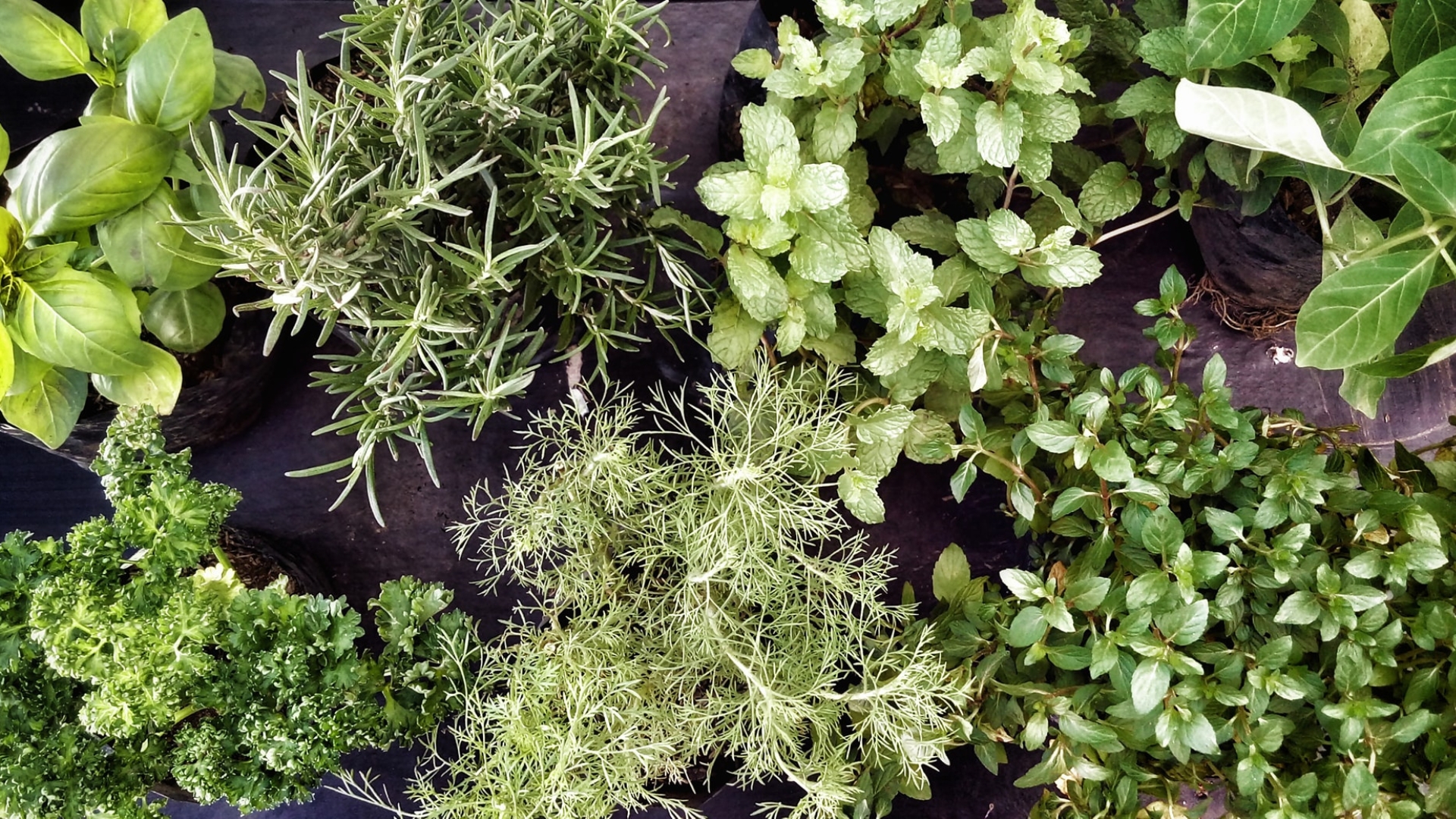
Garden pests can be the worst party crashers—showing up uninvited and causing all kinds of trouble. I’ve had my fair share of battles, and over time I learned what really works to keep those pesky visitors away.
These tips don’t just chase pests off—they help your plants stay strong and happy all year long. No harsh chemicals or complicated tricks, just smart, simple ways to protect your garden.
Let’s get your green space pest-free and thriving!
1. Companion Planting Magic
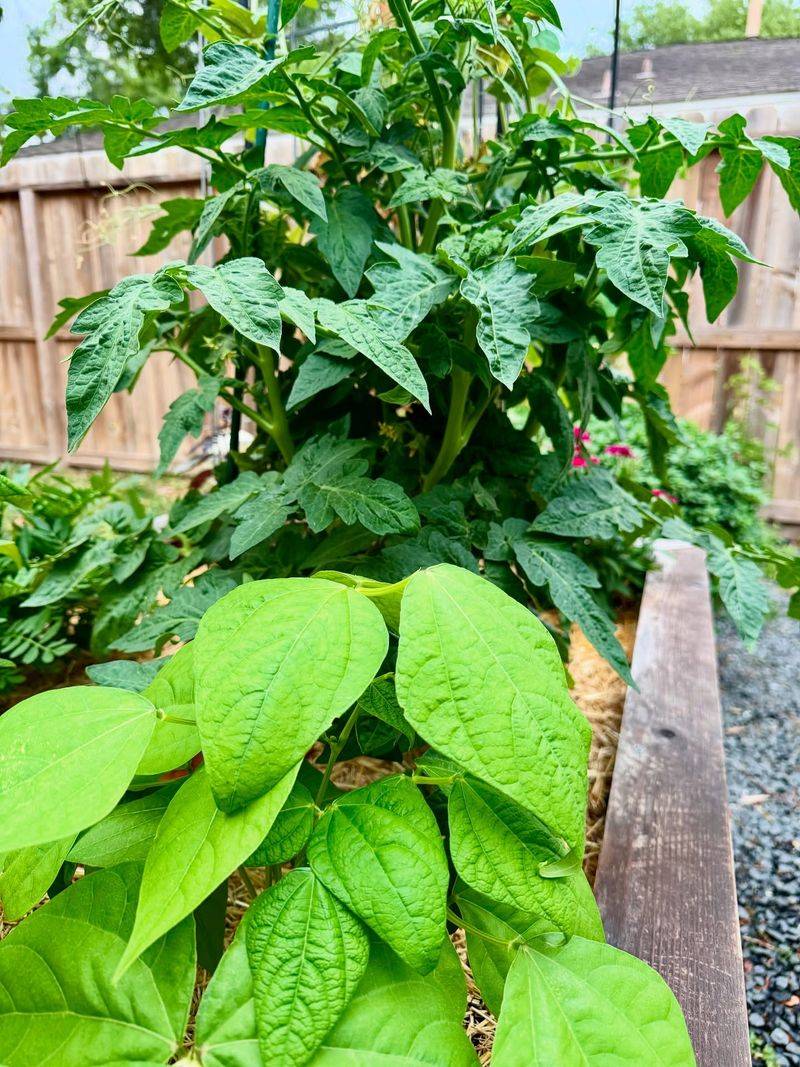
Nature designed some plants to be perfect partners! Marigolds repel nematodes while nasturtiums act as trap crops for aphids. Basil planted near tomatoes improves their flavor and helps keep flies and mosquitoes away.
Try interplanting aromatic herbs like rosemary and sage throughout your garden beds. These fragrant additions confuse pests looking for their favorite meals and create a natural barrier that protects your precious vegetables without any sprays.
2. DIY Garlic Spray
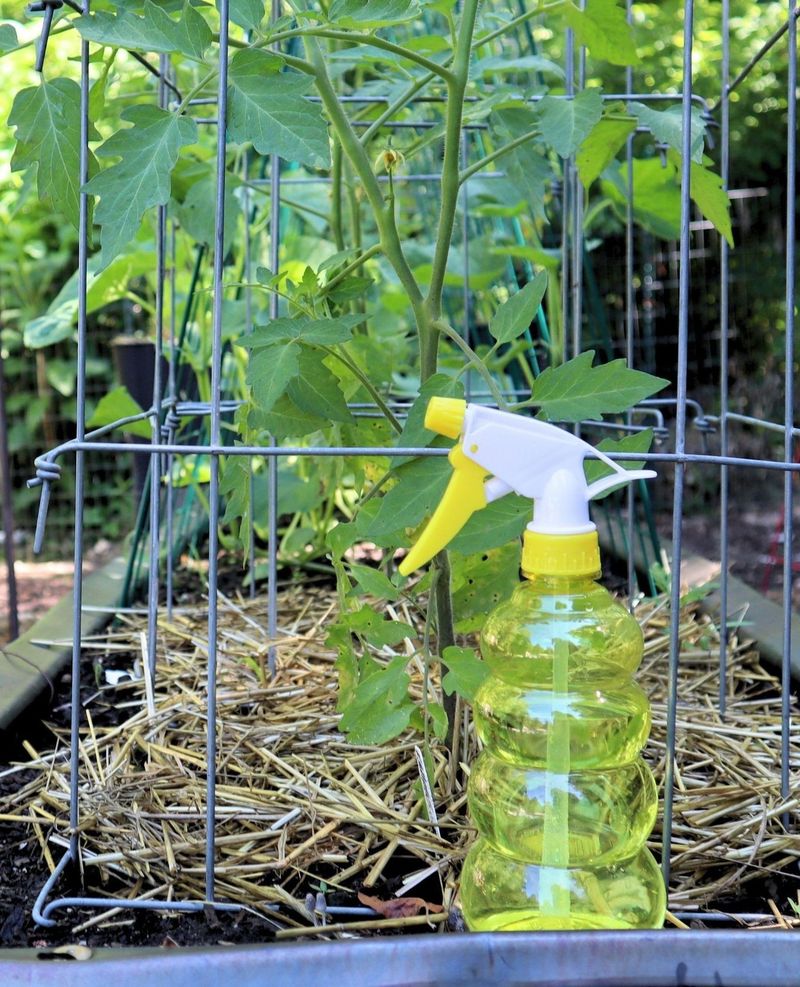
Whip up this powerful pest deterrent in your kitchen! Crush five garlic cloves and steep overnight in two cups of water. Strain the mixture, add a tablespoon of mild liquid soap, and transfer to a spray bottle.
Apply this potent solution to affected plants every few days, especially after rain. The strong odor repels aphids, spider mites, and many beetles while being completely safe for your plants and beneficial insects like bees and ladybugs.
3. Strategic Crop Rotation
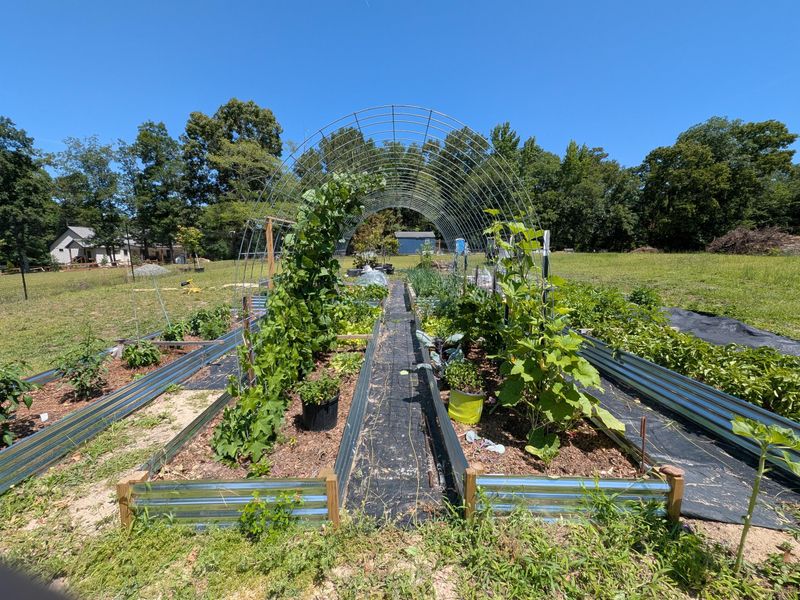
Outsmart soil-dwelling pests by changing what grows where! Many insects lay eggs near their preferred plants, expecting a feast when their young hatch. Moving plant families to different beds each season disrupts this cycle.
Keep a simple garden journal tracking what you plant in each area. Aim for at least a three-year rotation before returning a plant family to its original spot. This practice also prevents soil nutrient depletion and reduces disease problems dramatically.
4. Beneficial Insect Attraction
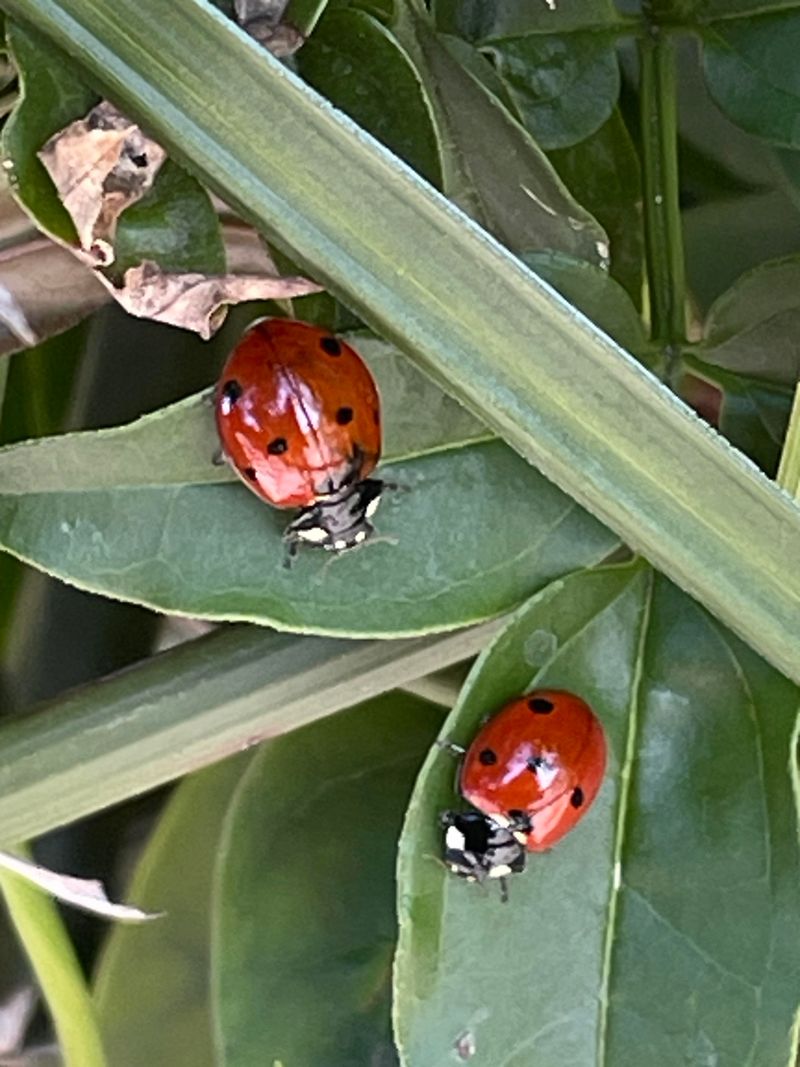
Turn your garden into a bug battleground where good bugs eat the bad ones! Ladybugs, lacewings, and parasitic wasps are voracious predators that feast on common pests. Plant small-flowered herbs like dill, fennel, and cilantro to attract these helpful hunters.
Consider installing a small water feature or bug hotel to provide habitat. Just one ladybug can devour up to 5,000 aphids in its lifetime! Creating a balanced ecosystem reduces the need for any pesticides, even organic ones.
5. Neem Oil Applications
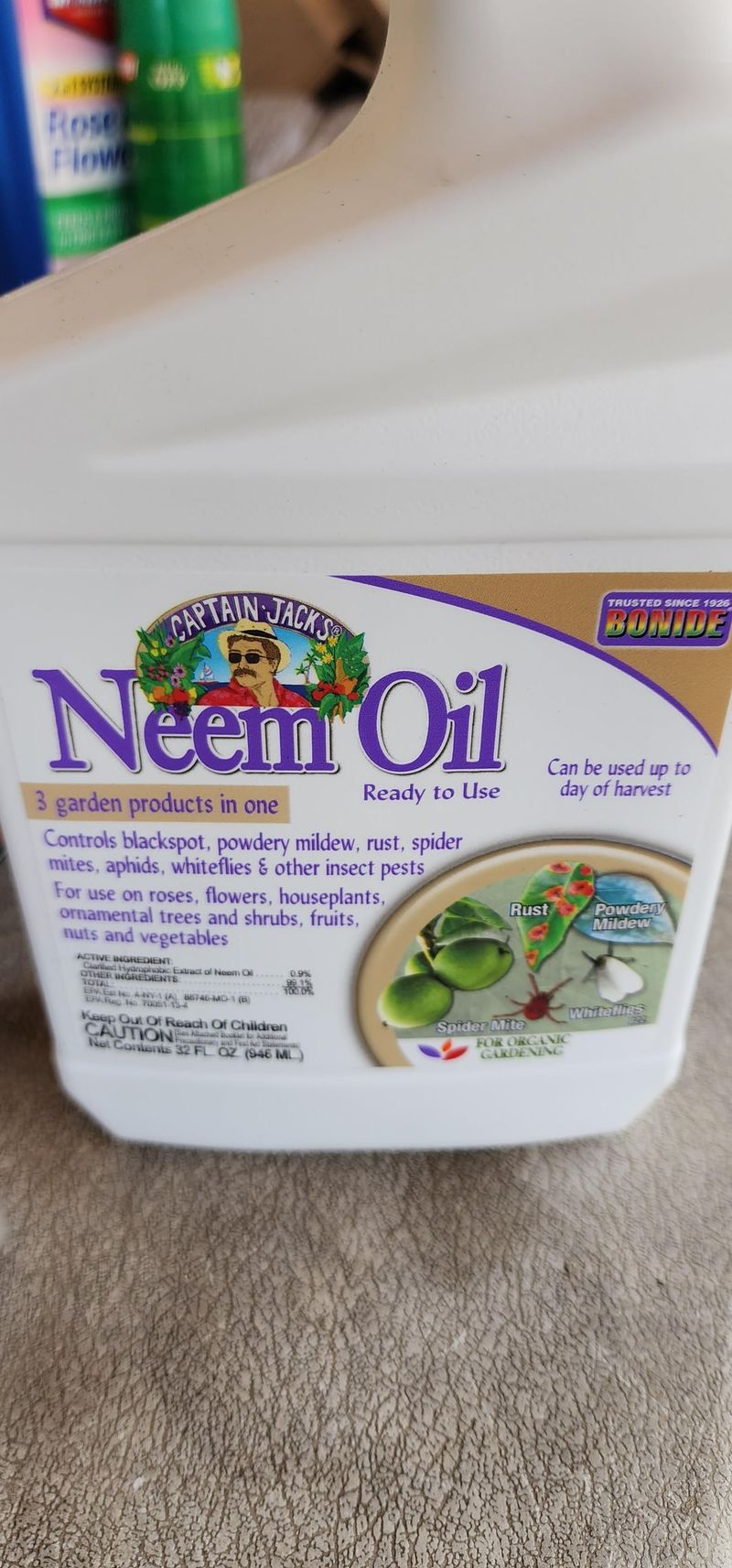
Harness the power of this ancient tree remedy! Neem oil disrupts hormones in many garden pests, preventing them from feeding and reproducing. Mix 2 teaspoons with a tiny drop of mild soap in a quart of water for an effective spray.
Apply during evening hours to avoid harming pollinators. Focus on leaf undersides where pests hide. Unlike harsh chemicals, neem breaks down naturally without leaving harmful residues, making it perfect for edible crops right up to harvest time.
6. Floating Row Covers
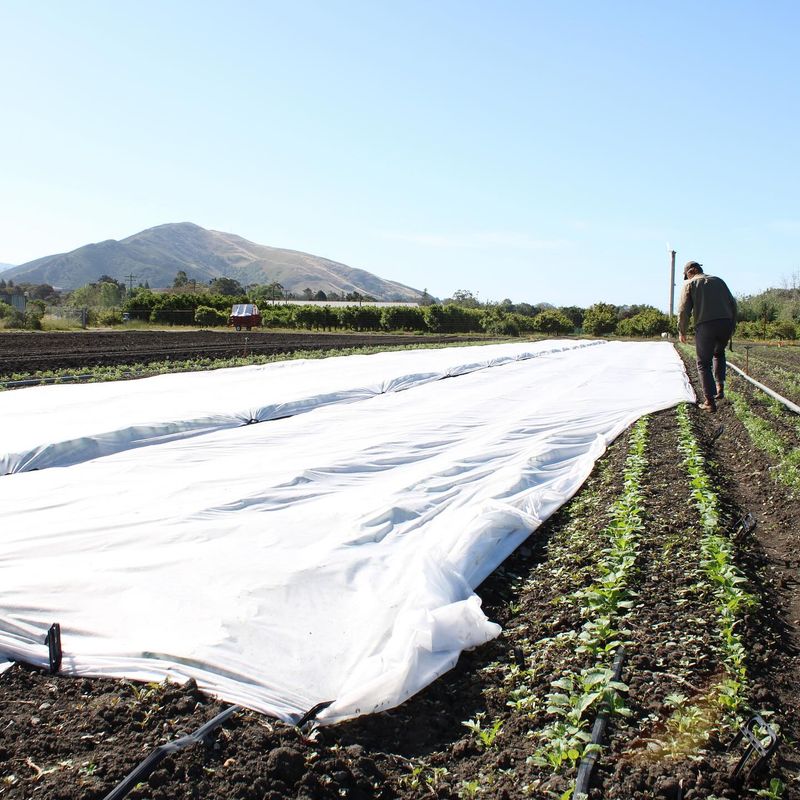
Create an invisible shield against flying insects! Lightweight fabric barriers allow sunlight, air, and water to reach plants while keeping pests physically away. They’re especially effective against cabbage moths, carrot flies, and cucumber beetles.
Secure the edges with soil or landscape pins to prevent crafty bugs from crawling underneath. Remove covers temporarily during flowering if plants need pollination. This method provides immediate protection without waiting for sprays to work or beneficial insects to arrive.
7. Diatomaceous Earth Barriers
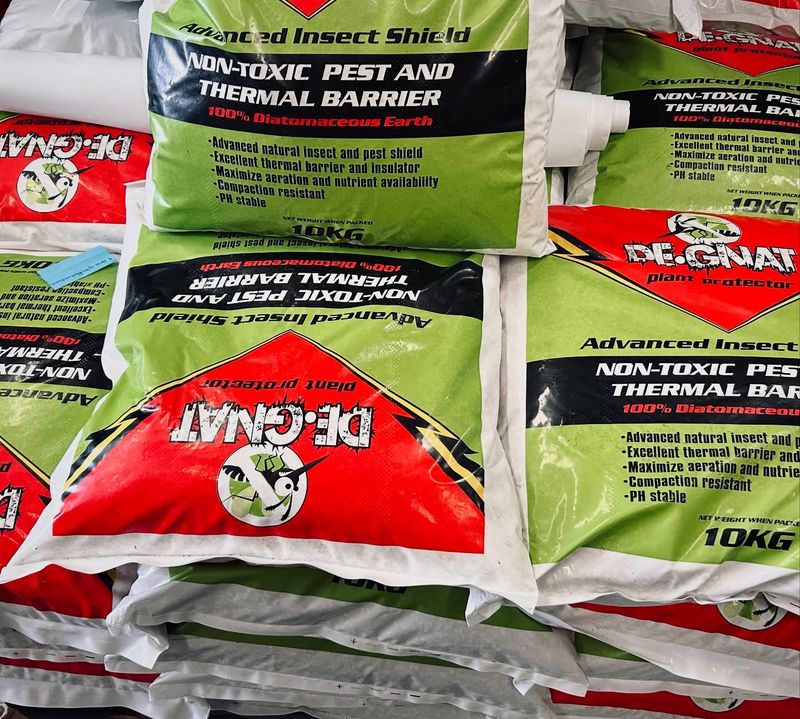
This powdery substance looks harmless to us but creates an impassable zone for crawling insects! Made from fossilized algae, the microscopic sharp edges cut through insect exoskeletons, causing them to dehydrate. Sprinkle a dry band around vulnerable plants after rain.
Use food-grade DE only, and wear a mask during application to avoid inhaling the fine dust. This natural powder works wonders against slugs, snails, ants, and many beetles without chemical residues. Reapply after heavy rain for continuous protection.
8. Beer Traps For Slugs

Those slimy garden destroyers can’t resist a brew! Bury small containers like tuna cans with their rims just above soil level, then fill halfway with beer. The yeasty scent lures slugs from surprisingly far away, and they fall in and drown.
Check traps every morning and refresh the beer every few days. Place these simple traps about every three feet throughout vulnerable areas. This method works best when combined with other slug deterrents like copper tape or eggshell barriers around precious plants.
9. Copper Tape Barriers
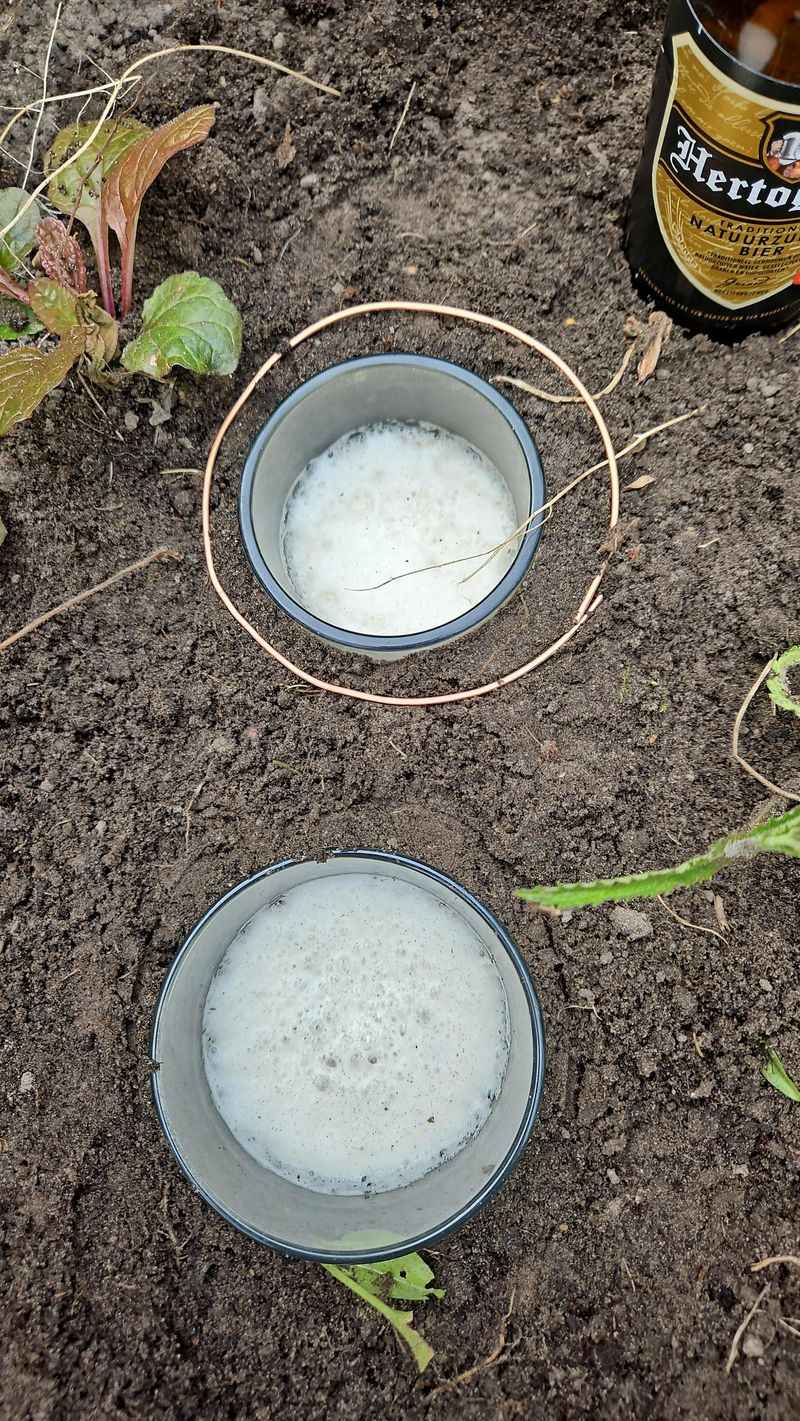
Stop slugs and snails in their tracks with this clever deterrent! Copper reacts with their slime, creating a tiny electrical charge that feels uncomfortable. Wrap copper tape around raised beds, pots, or individual plant stems to create no-go zones.
Make sure the tape forms a complete circle with no gaps where determined mollusks might sneak through. The barrier remains effective for several seasons, making it economical despite the initial investment. Unlike pellets, copper tape won’t harm wildlife, pets, or beneficial garden creatures.
10. Sticky Traps
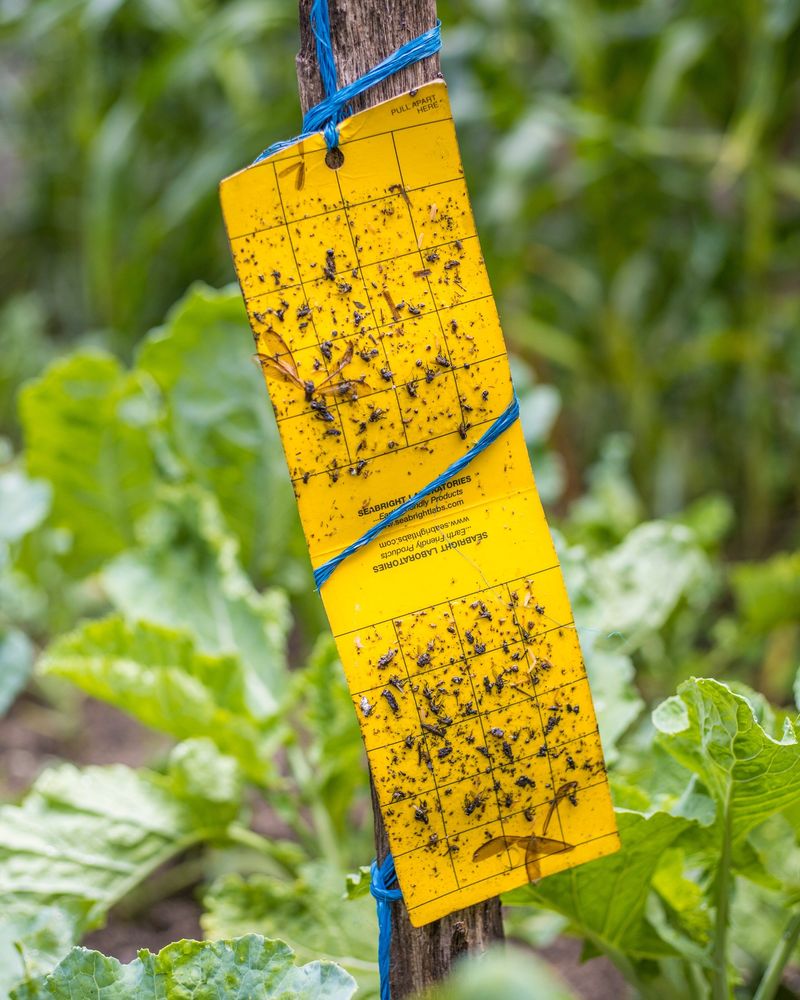
Catch flying pests before they land on your plants! Yellow sticky cards attract aphids, whiteflies, fungus gnats, and fruit flies, while blue ones work better for thrips. Hang these traps at plant height throughout your garden, especially near entry points like doors or windows.
Check and replace traps weekly to monitor pest populations. When you see fewer insects caught, you’ll know your control methods are working! These visual traps also help identify which specific pests are causing problems, allowing you to target your other strategies more effectively.
11. Nighttime Hunting

Grab a flashlight and become a nocturnal pest detective! Many destructive garden pests are most active after dark. Tomato hornworms, slugs, snails, and cutworms emerge from hiding to feed when you’re not watching.
Head out after sunset with gloves and a bucket of soapy water. Pick off larger pests by hand and drop them in the bucket. Just ten minutes of evening patrol can dramatically reduce damage to your plants, especially during peak pest seasons in late spring and summer.
12. Soil Health Improvement
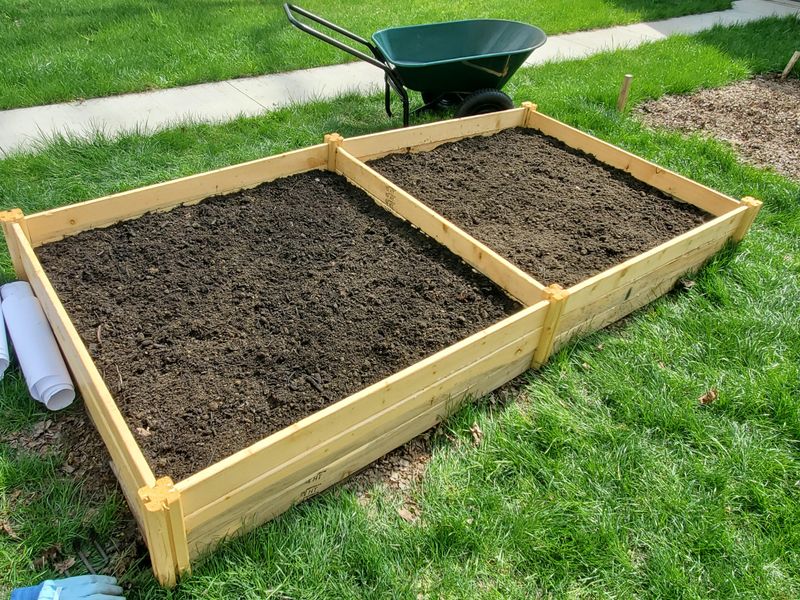
Healthy plants naturally resist pests! Add compost regularly to boost beneficial soil microorganisms that help plants develop stronger immune systems. Well-nourished plants produce more of their natural defense compounds that repel or discourage insect feeding.
Avoid over-fertilizing with nitrogen, which creates soft, sappy growth that actually attracts pests. Balance is key! A soil test can reveal exactly what your garden needs. Remember that stressed plants send chemical signals that actually attract certain pests – like a dinner bell!
13. Water Management Techniques
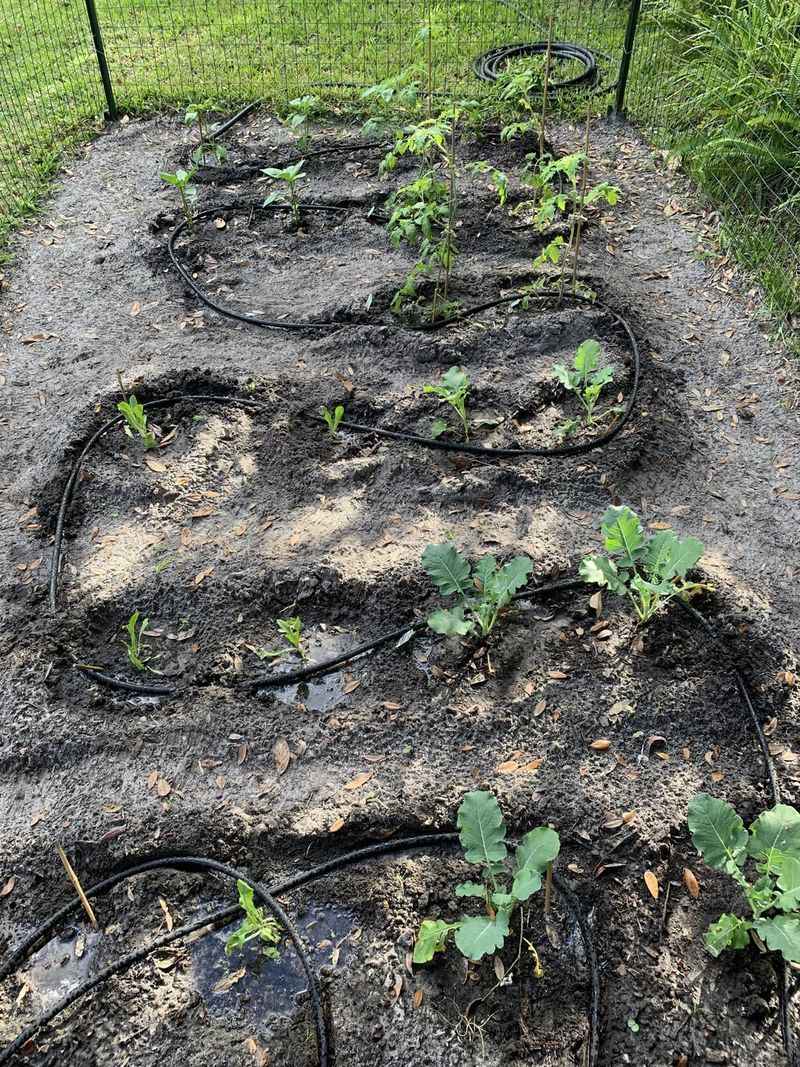
Many pests thrive in damp conditions! Water plants at soil level using soaker hoses or drip irrigation rather than overhead sprinklers. Morning watering allows foliage to dry quickly, reducing fungal issues that weaken plants and make them vulnerable.
Avoid creating standing water where mosquitoes breed. Proper drainage prevents root rot and discourages soil-dwelling pests like fungus gnats. Deep, infrequent watering encourages plants to develop stronger root systems that can better withstand pest attacks and recover more quickly from damage.
14. Physical Barriers
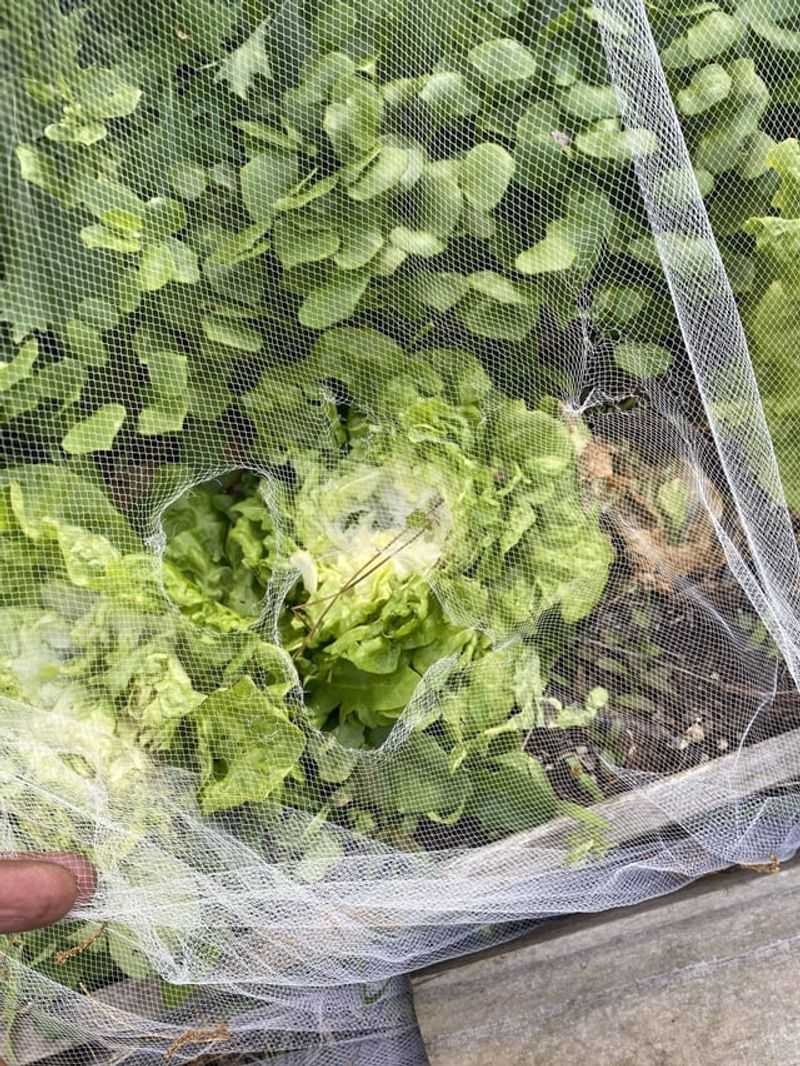
Sometimes the simplest solutions work best! Mesh cages protect cabbages from butterflies while plastic collars around seedlings block cutworms. Fruit bags or old pantyhose wrapped around developing apples and peaches prevent codling moths and fruit flies.
Bird netting draped over berry bushes keeps feathered friends from harvesting before you do. These barriers require no chemicals and provide immediate protection. For smaller gardens, this targeted approach allows you to protect your most valuable crops without treating the entire garden.
15. Baking Soda Fungus Fighter

Stop powdery mildew and other fungal problems that attract pests! Mix one tablespoon of baking soda with a teaspoon of mild liquid soap in a gallon of water. Spray on susceptible plants like cucumbers, squash, and roses every week during humid weather.
The slightly alkaline solution changes the leaf surface pH, making it difficult for fungal spores to establish. Healthy plants without fungal stress produce stronger natural defenses against insect pests. Apply in morning hours so leaves dry completely before evening to maximize effectiveness.
16. Strategic Planting Times
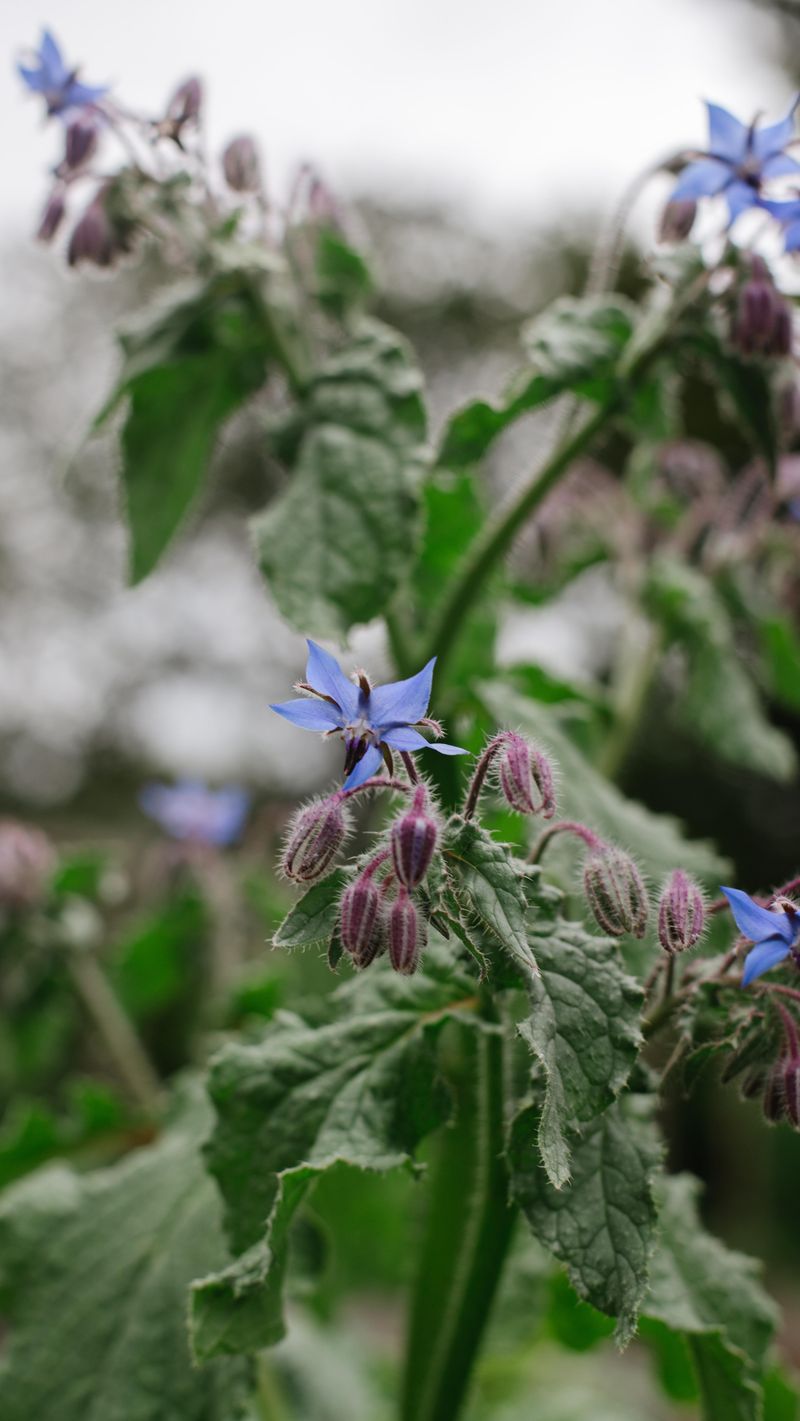
Outsmart seasonal pests with clever timing! Plant cool-season crops like broccoli very early or late in the season to avoid peak cabbage moth populations. Delay cucumber planting until spotted cucumber beetles have completed their first life cycle.
Keep a garden journal noting when specific pests appear each year. Temperature patterns rather than calendar dates often trigger insect emergence. This observational approach allows you to adapt to your local conditions and climate changes, giving your plants a head start before pests arrive.
17. Kaolin Clay Spray
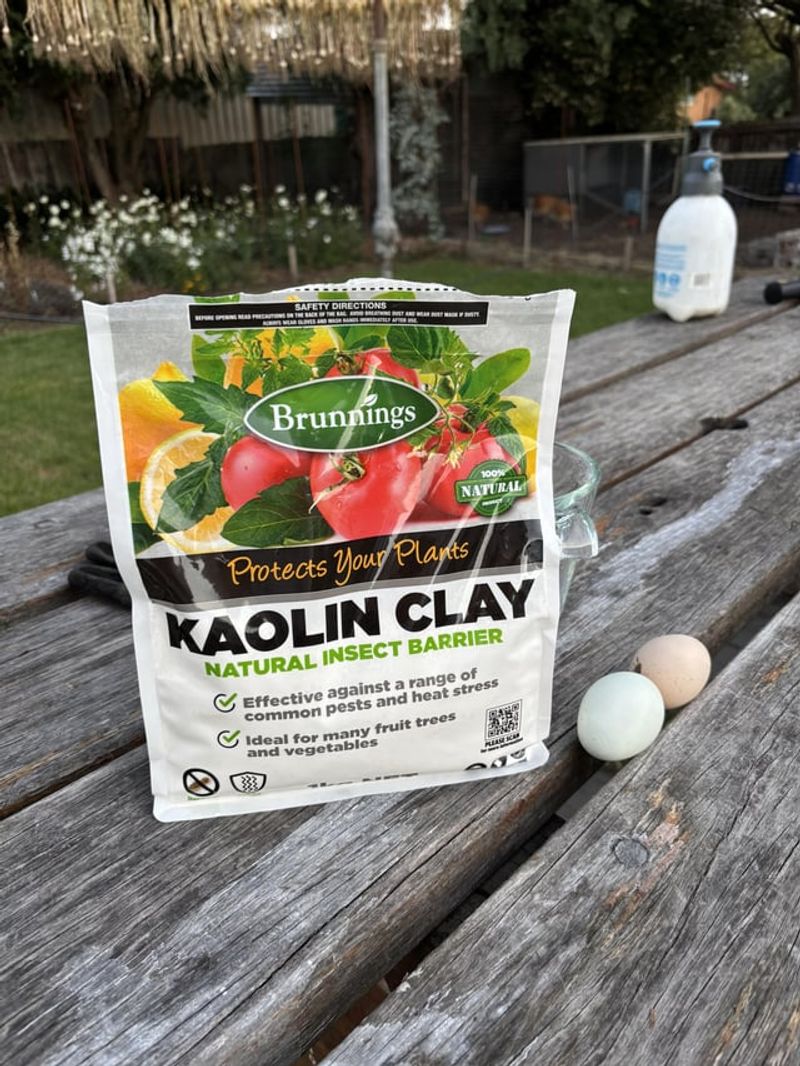
This powdery mineral creates an effective barrier pests can’t stand! When sprayed on plants, kaolin forms a thin white film that irritates insects and makes plants unrecognizable to pests. It’s especially effective against leaf-eating beetles, fruit flies, and many caterpillars.
Apply before pest problems begin for best results. The clay washes off easily at harvest time. Unlike many sprays, kaolin works physically rather than chemically, so pests can’t develop resistance. Commercial versions like Surround WP are approved for organic production of fruits and vegetables.
18. Mulch Management
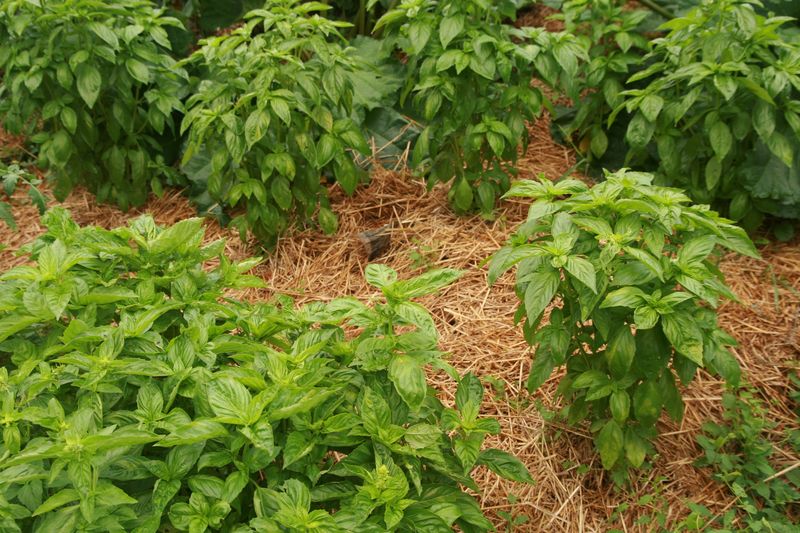
The right mulch deters pests while the wrong kind invites trouble! Cedar and cypress mulches naturally repel many insects with their aromatic oils. Keep wood mulch several inches away from plant stems to prevent hiding places for slugs and pill bugs.
Avoid hay that may contain weed seeds. Straw makes excellent mulch for vegetable gardens. A layer of newspaper under mulch creates a barrier against emerging weeds that compete with your plants for nutrients, making them more vulnerable to pest attacks.
19. Regular Plant Inspection
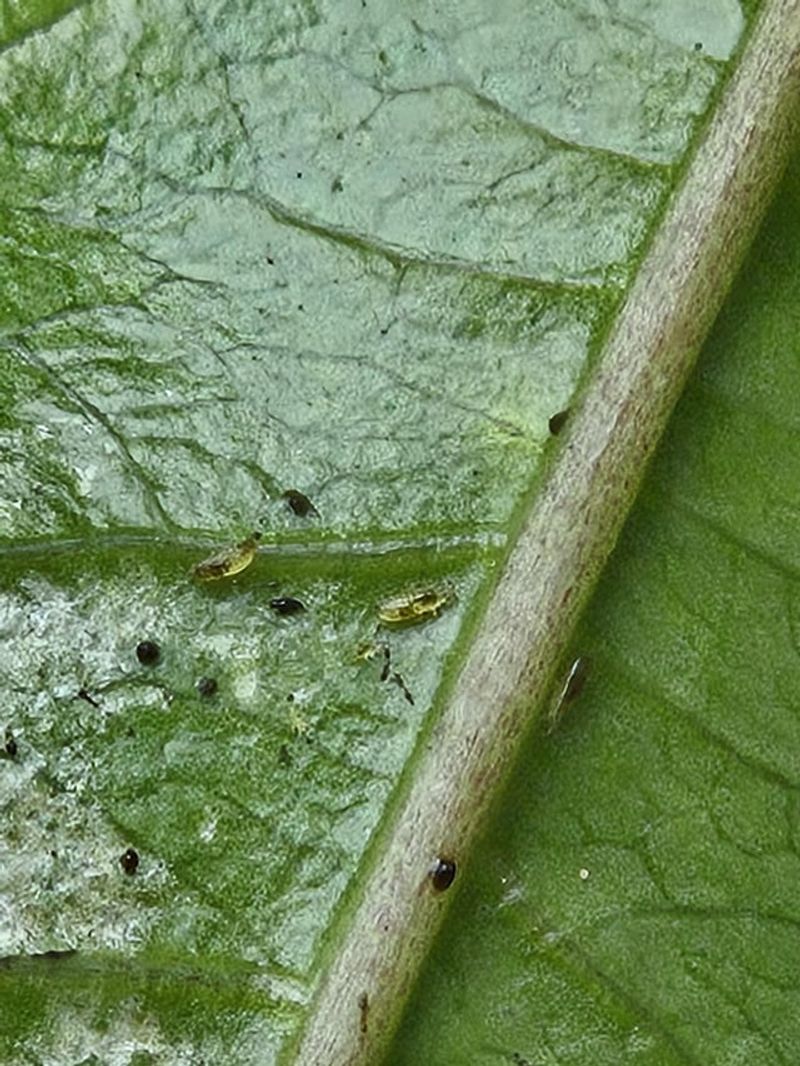
Catch problems before they explode! Take a slow walk through your garden at least twice weekly, examining leaf undersides and stem joints where pests often hide. Look for eggs, tiny webs, or suspicious holes and spots.
Bring a magnifying glass to identify tiny pests like spider mites or thrips. Early detection means you can often remove pests by hand or treat just one plant instead of facing a garden-wide infestation. Make this inspection a relaxing ritual rather than a chore, and you’ll develop an intuitive sense for your garden’s health.



